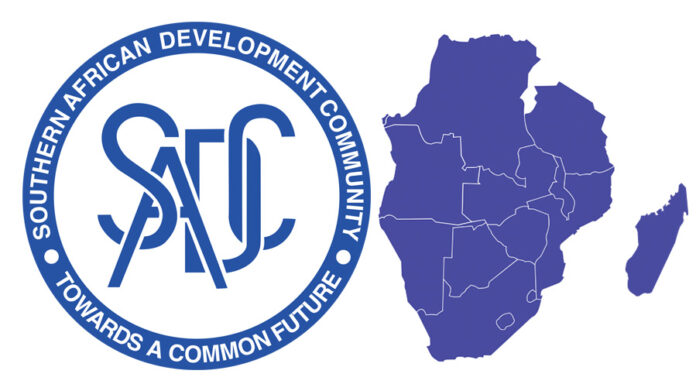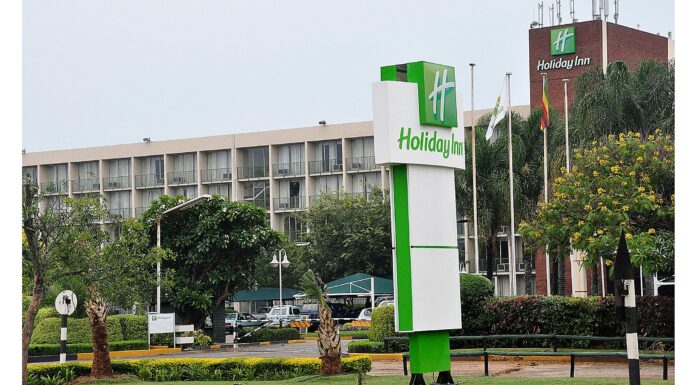Talkmore Gandiwa
HARARE – The Southern African Development Community (SADC) is facing significant challenges in securing long-term financing to drive economic development.
Finance, Economic Development and Investment Promotion Minister Mthuli Ncube said despite ongoing efforts to foster economic growth and integration, the region’s ability to invest in essential infrastructure and industrialization is hampered by limited access to sustainable funding sources.
He was speaking at the SADC Industrialisation Week Investment Forum.
Most SADC countries remain heavily dependent on primary industries and rely significantly on South Africa, an Emerging Market and Developing Economy, as their main trading partner. As a result, excluding South Africa, many SADC nations have not yet achieved substantial industrialization.
“The major challenges facing the region to industrialize include, the lack of affordable long-term financing, macroeconomic imbalances and limited fiscal space to address gaps in economic enablers, coupled with a long-term decline in Official Development Assistance (ODA) flows,” said Ncube.
Adding on he said, attracting foreign direct investment (FDI) and intra-SADC investment will boost the region’s productive capacities, promote macroeconomic convergence, and facilitate the integration of financial markets.
“This investment will also enhance the region’s ability to engage in continental and global value chains. Consequently, SADC will transition from exporting unprocessed natural resources to offering processed, high-value goods and services,” he said.
The SADC region represents an average of 28% of Africa’s GDP, 26% of the continent’s total population, and has attracted 30% of Africa’s total FDI over the past decade. It is one of eight Regional Economic Communities (RECs) working towards the integration of the African continent.
However, the minister revealed that the industrialization initiative presents a vast array of investment opportunities, including value chain development, mineral beneficiation, and downstream processing.
In the mining sector, the region accounts for approximately 55% of global diamond production and around 72% of the world’s platinum group metals output.
Additionally, the region boasts a diverse range of minerals that support various industries, from catalytic converters to computer chips. With advancements in industrialization and value addition, the region has the potential to influence production trends and global pricing.
However, the region is currently struggling with rising public debt, which is constraining its ability to invest in essential industries and infrastructure.
Within SADC, many countries have seen their balance sheets significantly weakened, with the average public debt reaching approximately 59.2% of GDP. Some nations face high risks of debt distress, spending more on servicing external debt than on transformative programs and projects.
Zimbabwe is currently engaging the white farmers for compensation and making quarterly token payments to international debtors in efforts to improve its investment attractiveness.
Ncube said countries in the region are actively implementing reforms to promote capital market development, enabling the private sector to better manage interest rate and maturity risks associated with long-term investments.
Twelve countries in the region have established public capital markets, which primarily handle equity and bond instruments. These markets collectively have a capitalization of US$1.56 trillion, or 261% of GDP.
“Policymakers have taken steps to improve financial product diversity and in total, seven SADC countries already offer Exchange Traded Funds (ETFs). Four countries offer green bonds and other sustainable products, including Mauritius, Namibia, South Africa, and Tanzania which launched Jasiri bond,
“The Jasiri bond is the first gender bond in Sub-Saharan Africa, and its proceeds benefit women owned and women focused enterprises. Eleven countries have set up alternative exchanges for SMEs, but only South Africa and Mauritius have gained significant traction with 36 and 40 SME listings,” said Ncube.











